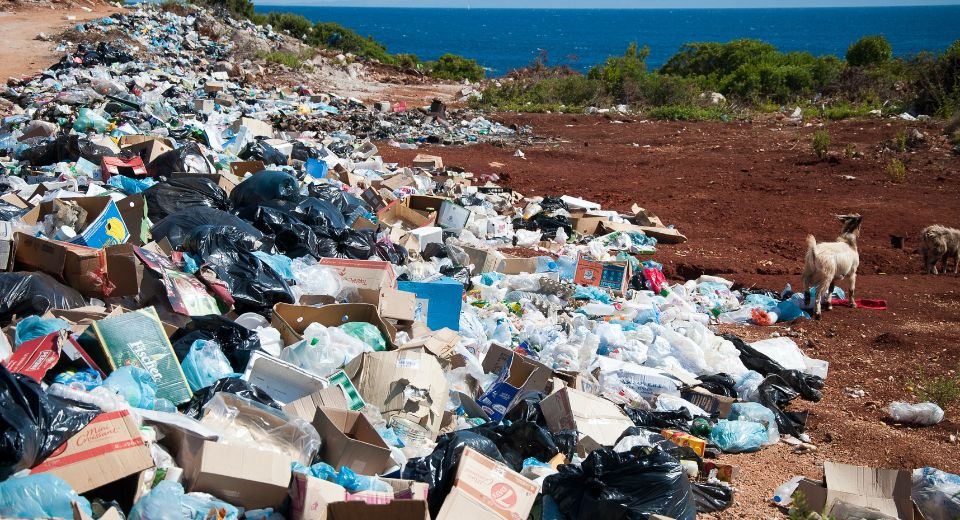HQ Team
April 25, 2024: Plastic pollution is a global phenomenon with plastic nanoparticles and associated chemicals contaminating every corner of the earth, including the atmosphere. There are reports of plastic particle deposits in human arteries.
A new study has found that some 56 major companies are responsible for more than 50 percent of plastic waste globally. The researchers catalogued over 1.8 million pieces of plastic waste across 6 continents with the help of more than 100,000 volunteers to gather data.
The biggest culprits were the food and tobacco sector companies including the biggest brands such as Coca-Cola and Nestle.
Plastic pollution audit
In all, 116 countries were covered over the 5 year period. The countries used in the analysis represented a combined population of 6.5 billion people or about 81% of the global population, based on July 2022 population estimates.
The study found 13 companies have an individual contribution of 1% or more of the total branded plastic observed as pollutants. All 13 companies produce food, beverage, or tobacco products. The top company, The Coca-Cola Company, was responsible for 11%. The top 5 companies, including PepsiCo, Nestlé and Danone were responsible for 24% of the branded plastic; 56 companies were responsible for greater than 50% of the branded plastic; and 19,586 companies were responsible for all of the branded plastic. It is important to note that the contributions of the top companies may be an underestimation because there were brands that were not attributed to a company, and there were many unbranded objects.
Unbranded plastic items comprised 52% of the total mean percentage of plastic pollutants. Finding producers for the unbranded plastics is difficult due to environmental degradation, and lack of proper identification of product manufacturing details.
The findings, researchers say, reveal the enormity of the planet’s plastic pollution problem. “This is a herculean effort we have to do,” said Win Cowger, a research director at the Moore Institute for Plastic Pollution Research and the lead author of the study. “There are no easy fixes.”
Production curbs
Till date, all efforts at curbing plastic pollution have been largely focused on waste management and public awareness. The companies responsible for producing plastic products and using them on a large scale have been largely ignored or escaped responsibility.
However, without any actions by plastic producers, this vast problem cannot be solved. The large-scale audit events undertaken by researchers and volunteers have been used to inform producer responsibility, but there has yet to be a quantitative analysis of the relationship between plastic production and branded plastic pollution.
Although all the large brands named have a sustainable policy in place. Coca-Cola has a World Without Waste strategy where it promises to make 100% of its packaging recyclable by 2025 and to use 50% recycled material in its packaging by 2030. Nestle has vowed to use more recyclable materials for all its products.
“Many of these companies actually do have programs in place to recover their waste from the environment or prevent it from ending up there,” said Neil Tangri, science and policy director for the Global Alliance for Incinerator Alternatives and another author of the study. “And what we’re seeing is that those are not really effective.”
“It’s kind of my worst nightmare,” said Cowger. “It means that to solve the plastic pollution problem, we have to change in a huge way how we operate as a society.”
Global plastic treaty
A global plastic treaty is being discussed this week at a world meeting in Canada this week. The focus is on scaling up plastic reuse infrastructure. Production curbs are viewed by the industry as detrimental to the economies of especially developing countries.
A very compelling argument against continued investment in plastic production is the vast amount of fossil fuels used in plastic manufacturing. Plastic is projected to account for half of growth in oil demand by mid-century, according to the International Energy Agency.
Without curbs on production, plastics will continue to accumulate in the environment — and in human bodies.
